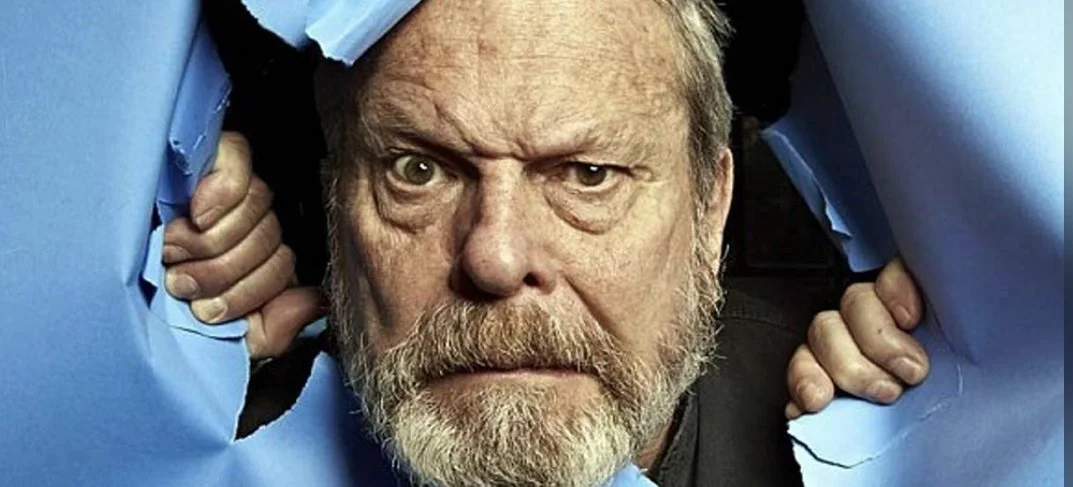As reported on 04.06.23, Terry Gilliam is set to direct “The Carnival at the End of Days.”
Now Gilliam is confirming that he’s already cast an actor for a key role. Like all Gilliam projects we’ll take this latest update with a grain of salt, he tends to have upcoming projects suddenly collapse, for one reason or another.
In that same interview he also mentions that he’s basically given up on "The Defective Detective", as he hasn't been able to retrieve the rights of his old script from Paramount.
The premise for “The Carnival at the End of Days” would revolve around God wanting to wipe out humanity, because he's so disappointed by what has gone down on planet earth, only for Satan to convince God to again create Adam & Eve which results in a new improved humanity.
The budget is said to be around $30 million.
Gilliam has already spoken about this project last september in this interview. He was working with a "young screenwriter” on the script and it is more or less completed. That screenwriter has turned out to be Christopher Brett Bailey.
Many forget just how important and vital a cinematic voice Terry Gilliam was during his peak years, especially when he was battling Universal for the final cut of his 1985 masterpiece, “Brazil.”
The last time Gilliam directed was 2018’s “The Man Who Killed Don Quixote,” a film he was trying to make for more than two decades. It came and went without much excitement, although I thought it was his — de facto —best film since 1998’s “Fear and Loathing in Las Vegas.”
Gilliam has hinted about retirement the last few years, mostly due to not longer being able to find funding for the films that he wanted to make. However, the 83-year-old filmmaker might have one last trick up his sleeve …
To even think of such an out-there premise like this one requires a filmmaker as oddly eccentric (and visionary) as Gilliam. The director of such classics as "Monty Python and the Holy Grail," "Brazil," "12 Monkeys," and "Fear and Loathing in Las Vegas" will surely be looking for European funding now since American producers have basically given up on bank-rolling such risk-taking stories.






